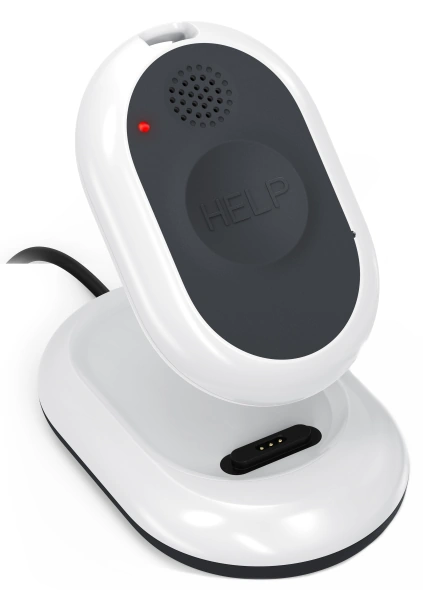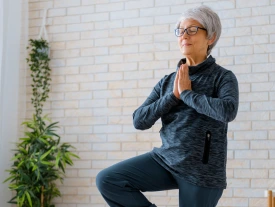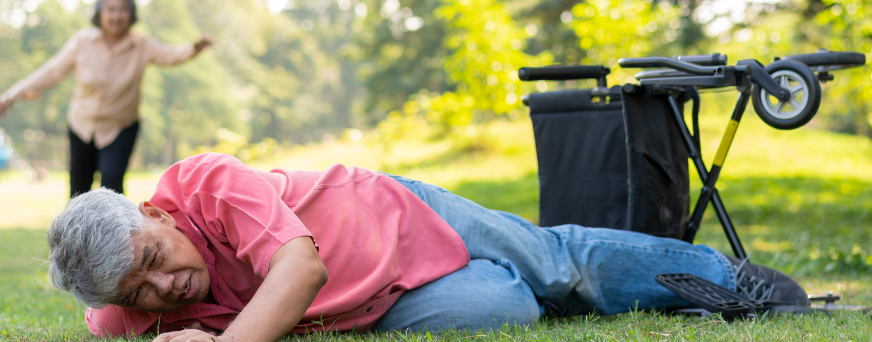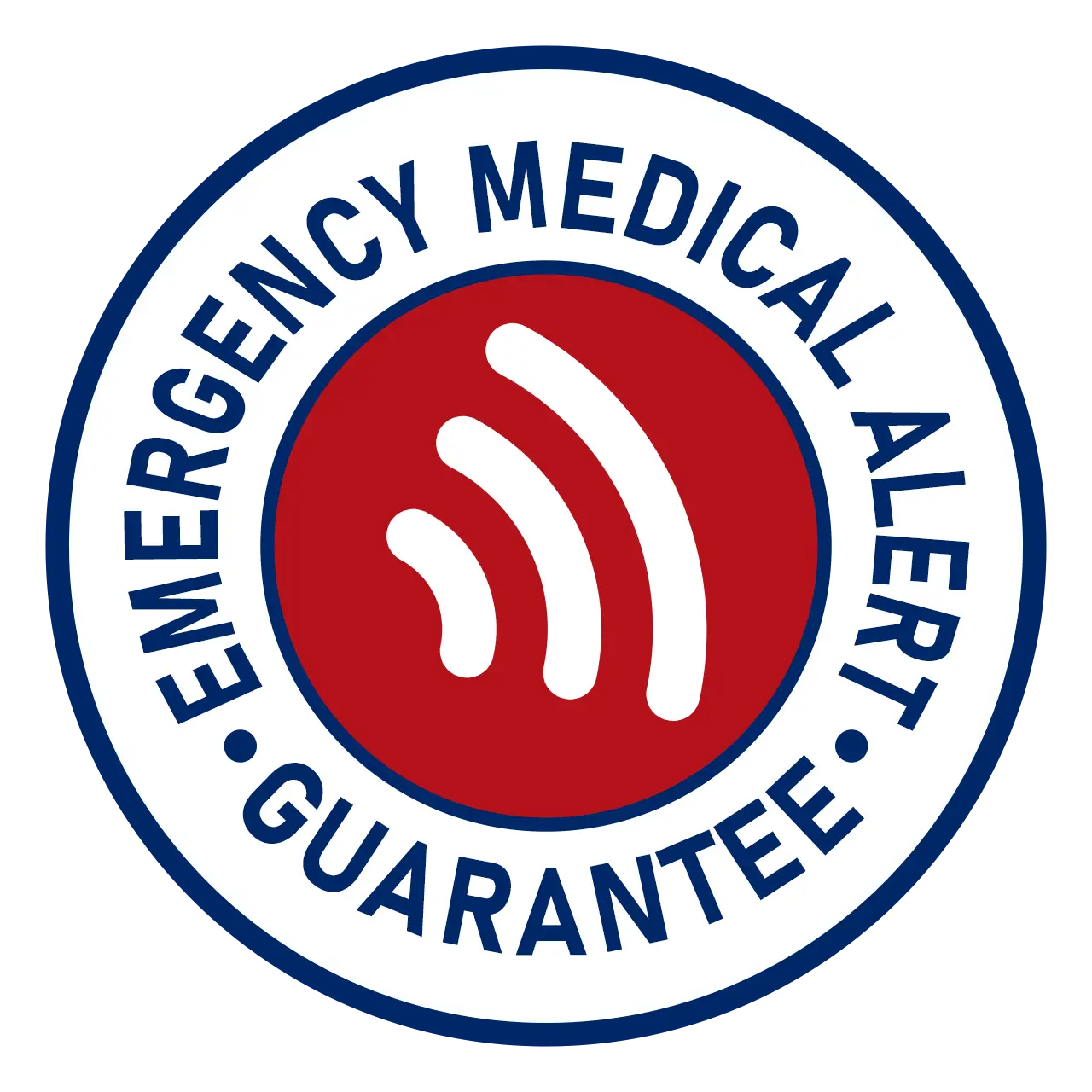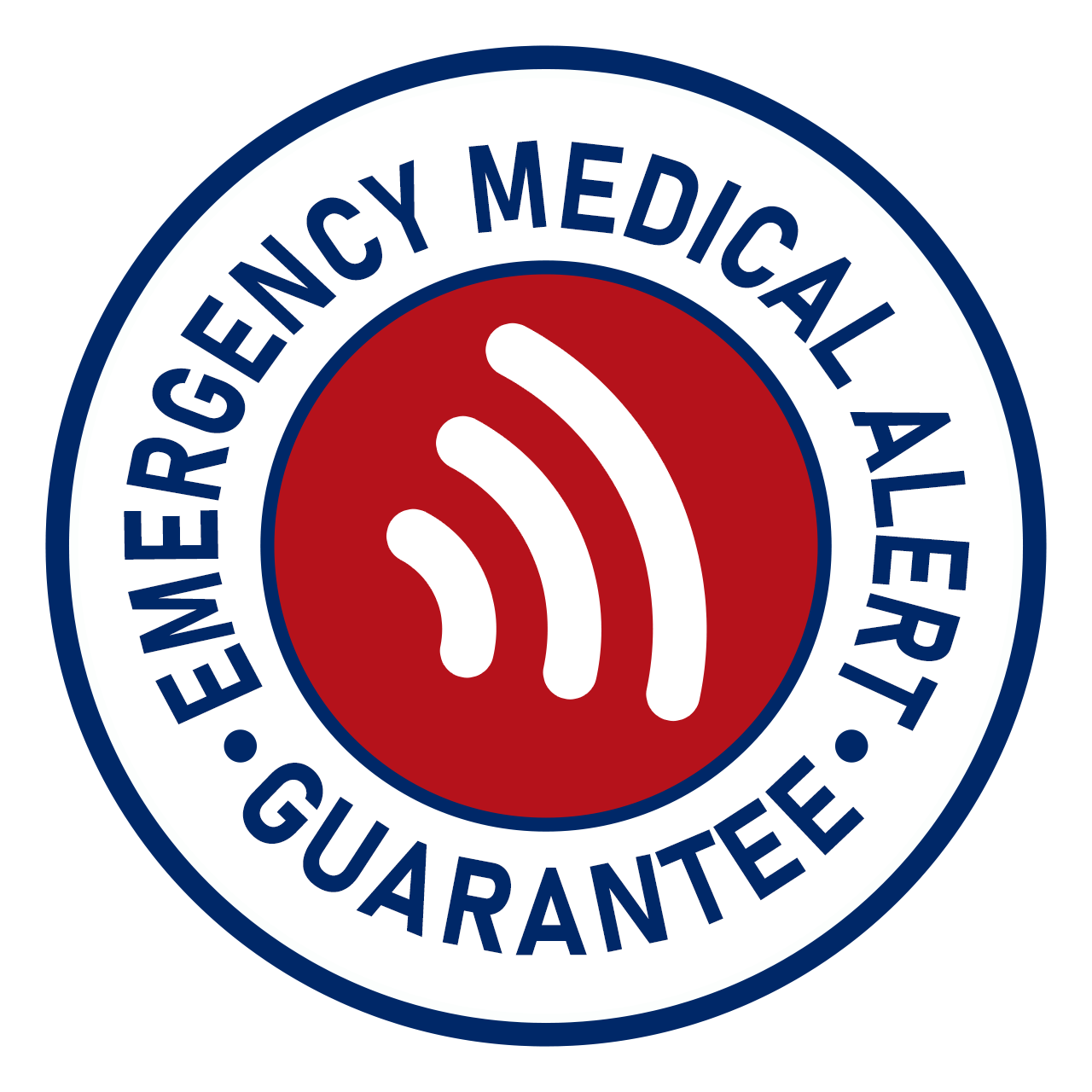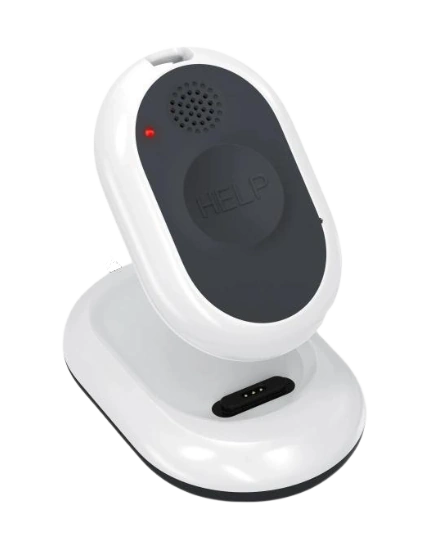What Are The First Signs Of Parkinson's In Seniors?
If you are caring for a loved one or a senior in your family in their golden age, you may notice subtle changes that don’t seem quite right. They may be moving more slowly or reacting differently than they once did.
Parkinson’s disease can start with mild symptoms which don’t look like much at first. But spotting these first signs of Parkinson's can mean all the difference. We are here to tell you what to look out for so that you can act early and help protect the health of someone you love.
Understanding Parkinson’s Disease In Seniors
When you hear the term “Parkinson’s,” you might conjure up an image of shaking hands or movement problems. But it’s more than that. Parkinson’s is a disease of how your brain regulates movement. It tends to grow gradually and can be easy to overlook at first.
Your body slows as you age. We naturally move slower as we get older. But Parkinson’s comes with a different kind of change. It’s not just about aging. If your loved one begins to move strangely or has difficulty with everyday tasks, pay attention.
We often tend to think of Parkinson’s as a disease of old age, as risk rises with age. It’s most common in people who are over 60. But even among that age group, many remain undiagnosed for years.
That’s why it’s worth paying attention to these early shifts. When you know how Parkinson’s presents in its early stages, you can intervene to help your loved one before the disease advances.
Common Early Physical Signs Of Parkinson’s In Seniors

When Parkinson’s begins, it often shows up in the body before anything else. These physical signs of stress may appear minor, but they’re worth paying attention to. Here are the most common ones:
Tremors At Rest
You could notice a hand tremor while your loved one is sitting quietly. This is not only from being nervous or getting older, it could be one of the signs of Parkinson’s.
Tremor typically begins in the fingers, hand, or chin and it disappears with movement. That’s one of the differences to watch.
Slower Movement
Are they walking more slowly or taking longer to stand up yet? This sluggishness, called bradykinesia, can creep up on you over the years.
Your friend or family member may only appear tired. But if straightforward activities such as brushing your teeth or buttoning up a shirt feel more difficult, something deeper might be taking place.
Stiffness In The Body
If they say they are stiff or that they are moving like their joints are “locked,” don’t just let it go. Stiffness like this is different from normal joint pain. The condition can impair walking or turning. You can also see them shuffling or shuffling steps.
Changes In Posture Or Balance
Has your loved one begun to lean forward or appear unsteady while standing? These changes are not just the result of the normal aging process. Parkinson’s may involve the way the body is kept balanced, even from an early stage. A sudden rise in falls could be an alert as well.
Less Facial Expression
You may see that they’re not smiling as frequently, not blinking that much. This “masked face” can occur early in Parkinson’s and may appear as if they are tired or are pulling back, but it can be related to muscle changes, not mood.
Non-Motor Symptoms Of Parkinson’s Disease Often Overlooked
Not every sign of Parkinson’s shows up in the way someone moves. Some early signs are so subtle they’re easy to miss, which makes identification even tougher.
These symptoms that are not related to movement can appear long before tremors, rigidity and other typical symptoms of Parkinson’s disease. Let’s take a spin through the signs you may not see coming but indicate Parkinson’s disease:
Trouble Sleeping
If your elder is acting out their dreams, kicking, shouting, or flailing in the middle of the night, it may be more than just restlessness.
Parkinson’s disease can interfere with sleep patterns, particularly REM sleep. They may seem even more tired during the day, after a full night’s sleep.
Digestive Changes
Are their bowel habits different all of a sudden? Constipation is a frequent early sign as well. It occurs because Parkinson’s disease slows the muscles in the digestive system.
If they’re pooping less frequently or feeling bloated and uncomfortable, don’t dismiss it, take it as a sign that needs to get attention.
Mood Shifts
Then you may notice altered moods or behaviors in them. Perhaps they can feel more anxious or withdrawn. Depression can also onset before any symptoms of movement even appear.
But this is not just about feeling low; it is connected to changes in brain chemistry resulting from Parkinson’s.
Loss Of Smell
If they can no longer smell coffee or flowers the way they used to, you might be surprised to learn that this may be related to Parkinson’s. A diminished sense of smell frequently develops early. It’s often not discussed, but it’s one of the brain’s early warning signs.
Subtle Memory Issues
Are they forgetting more than usual? The early cognitive changes may manifest as sluggish thinking or mild confusion. This can sound to the sufferer like mere aging, but can be an indication that Parkinson’s has begun to interfere with brain function.
When To Seek Medical Attention For Parkinson’s In Seniors?

If you are beginning to see some of these signs in someone you love, you do not have to wait. Early medical care can help a lot. You don’t need to be certain whether it’s Parkinson’s or not to consult a doctor, merely noting a pattern of changes is sufficient.
Whether it’s shaking, stiffness or sleep and smell changes, these are things that you should not pass off. Your loved one may be referred to a neurologist, though a primary care doctor can start with some basic evaluations.
It’s better to ask early questions than wait for the symptoms to get overwhelming. You’re not overreacting; it is just an attempt, your care and concern. You are safeguarding their health and potentially giving them the best opportunity to get treated early and have a higher quality of life.
Conclusion
The first signs of Parkinson’s can be overwhelming, but you’re not alone. We’re covering this for you as part of our efforts to help you understand what you can do right now to navigate this crisis. The earlier you notice changes, the sooner you can guide your loved one toward the support they deserve.


